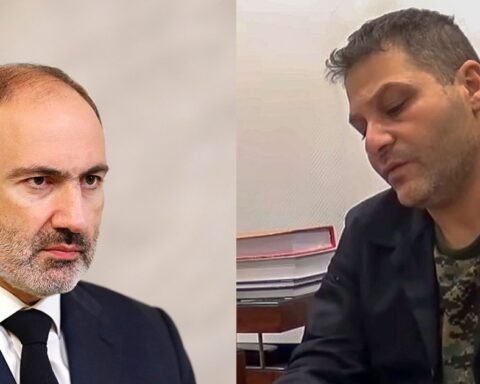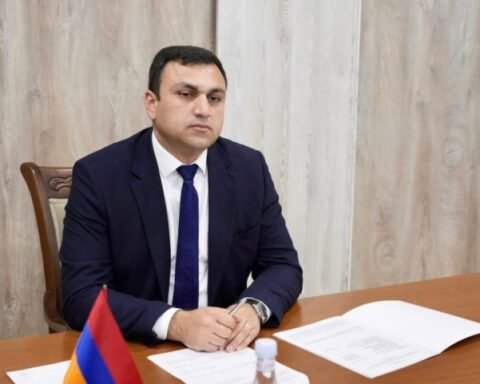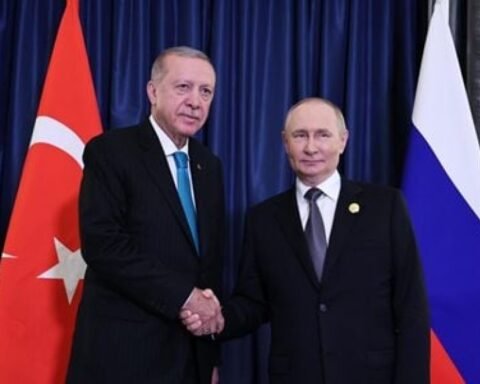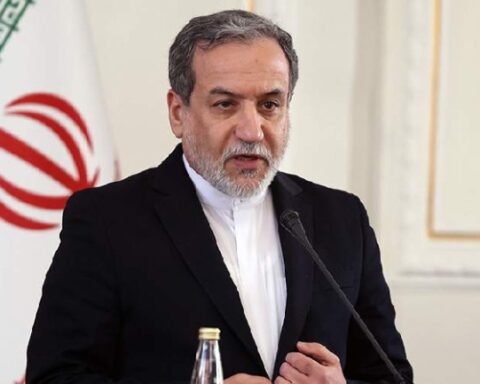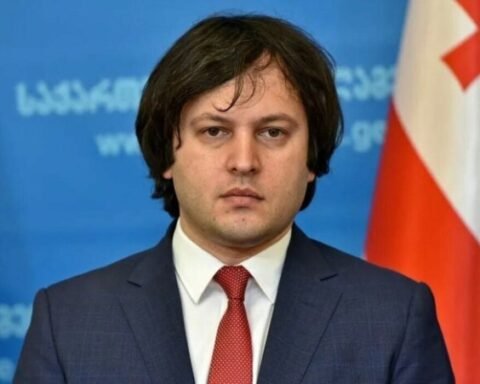Recent diplomatic developments indicate strengthening international support for the principle that displaced populations maintain the right to return to their homes, with multiple nations and international bodies affirming this position.
In Washington, the State Department has formally incorporated three key priorities into its framework for regional settlement discussions. These include safeguarding the right of displaced individuals to return to their communities, securing the release of detainees, and protecting cultural and religious heritage sites. This policy direction emerged following correspondence between congressional representatives and senior administration officials, reflecting sustained advocacy efforts.
Simultaneously, European political figures have amplified this message through international human rights forums. Two Swiss parliamentarians participated in United Nations events advocating for peace initiatives that would facilitate the safe, collective return of displaced communities through negotiated agreements. Their participation included collaboration with human rights experts and international legal specialists who emphasized that any lasting settlement must prioritize human rights over geopolitical considerations.
These developments align with existing international legal precedents. The International Court of Justice has previously ruled on obligations regarding the return of displaced populations. Multiple European national legislatures have passed resolutions reaffirming this principle, while others have introduced unprecedented peace initiatives aimed at creating conditions conducive to return.
Across the Atlantic, policymakers and civil society representatives increasingly recognize that sustainable peace cannot be established on foundations that ignore the rights of displaced populations. There is growing consensus that lasting stability requires addressing fundamental rights, including the protection of cultural heritage and the resolution of detainee cases.
Despite this international momentum, implementation faces challenges. Some governments continue to reject these principles, while others have chosen not to prioritize them in diplomatic discussions. Nevertheless, the issue maintains its position on the international agenda, with continued attention from legislative bodies, diplomatic channels, and human rights organizations worldwide.




